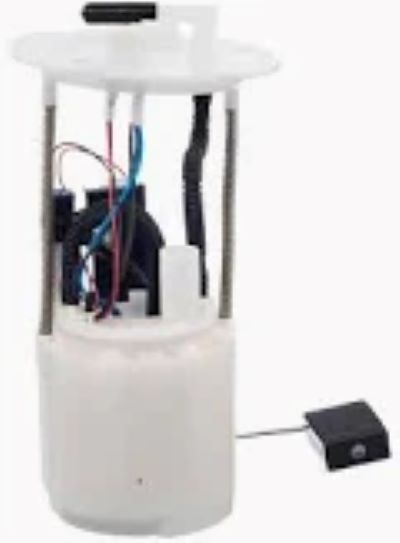So why do fuel pumps quit working? One of the biggest reasons fuel pumps fail is due to wear and tear over time. Fuel pumps can last anywhere from 100,000 to 150,000 miles before knowing its time to change yours would be a safe bet. This is caused by the ongoing stress the pump goes through moving fuel from tank to engine. Deficient lubrication, due to low fuel levels, can expedite this wear as well. If you are running a vehicle all the time at below half of gas tank, you probably should finish to replace the fuel pump.
Electrical problems are another big group of culprits when it comes to what causes fuel pump failures. Sometimes the relay or fuse fails, and without electric current no power reaches power up the pump. The most efficient pumps wont work without its electrical system if the pump is compromised. One such investigation by the National Highway Traffic Safety Administration (NHTSA) discovered that 10% of reported fuel pump failures were caused due to faulty wiring.
Along with this contamination in the fuel tank is other cause of failure. The pump's filter may also become clogged with debris, rust, or dirt over time and cause the pump to operate with less efficiency at delivering fuel; this can lead to larger more severe issues all exacerbating from its lack of efficient fuel flow. In reality, some studies have shown contamination to be a contributing factor in as many of 25% of all fuel pump issues. This type of contamination often comes from a rusty fuel tank or using substandard fuel with lots of impurities.

Fuel pressure is another, as modern engines need to run at specific fuel pressures to operate properly. The engine might not run well at lower pressure, and in no time the fuel pump would fail to start. This is due to a faulty pressure regulator or the pump being partially seized. According to a survey that was conducted amongst auto repair shops, 15% of fuel pump-related problems were attributed to low fuel pressure.
As wise automotive engineer Carroll Shelby once said: "Performance begins with the proven foundation of consistency and precision." With a fuel pump the right amount of fuel has to be delivered at the proper pressure for optimal engine performance. Without these, your engine will not be able to perform at its best or in some cases, it may lead your fuel pump to give up on you completely.
Take for example, the fuel pumps which burn out from extreme temps. The Pumps are prone to damage due to the high temperatures of the fuel and engine over time This is an especially big problem in hot climates, where fuel pumps are exposed to more heat and thermal stress, which shortens the life of the electric motors used in most current-generation designs.
The most typical symptoms of your fuel pump failing can be reduced to engine sputtering at high speeds; then, harder starts, the car shakes or stalls intermittently and a decreased mileage on gas well used. When these symptoms show up, the vehicle needs to be checked before the pump fully fails and leaves you to not drive anywhere.
For more info about fuel pump solutions along with replacements, head to Fuel Pump - where you can choose from the high quality pumps which suit different automobile models.
